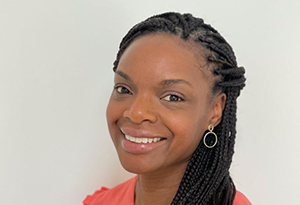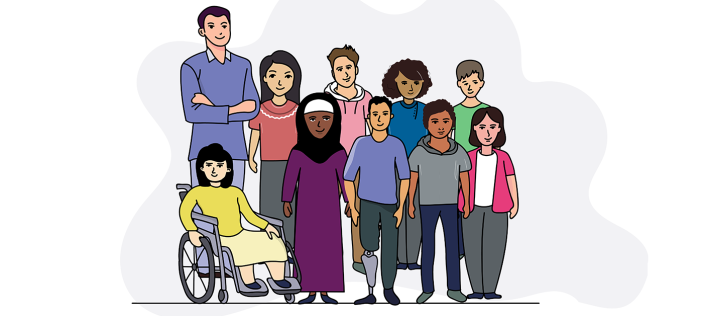
How wonderful is it that nobody need wait a single moment before starting to improve the world.
Anne Frank.
There are times when it feels like, little or nothing you do will ever make a difference. Reba Younge’s life shows us that each of our decisions can create the ripples that become powerful moments of change. This Black History Month’s theme is about Celebrating Our Sisters hence, we will be using the Can I tell you about series to recognise people of colour.
Reba Younge came to the UK in 1962 from Barbados as a nurse. She later settled in Stevenage with her 3 young boys and retrained becoming a teacher. For most people, being a sole parent raising children, working full time in a demanding career after having relocated to a new country would be enough of a challenge. But for Reba, she seemed to be driven by a belief that she could do more.
Reba taught at Bedwell School (a secondary school in Stevenage), and later fostered and then raised two children in addition to her own. But again, this was not the end of her work. Within her community of Stevenage, Reba became a community activist and anti-racist campaigner. She ran the Shephalbury Park’s play scheme, organised discos at St Peter’s Church and ran a Saturday support group for Asian women.
Reba’s tireless work is remembered through those whose lives she touched. In an article from the Comet, West End star and filmmaker Giles Terera recalls her ‘massive presence’ and goes on to say: “Reba was an activist who was always doing something. We all knew her as kids from her work on the play scheme. It was the most perfect thing, and she did that for us for years. Ask anyone who grew up in Stevenage in the 80s, they will know the name Reba Younge.”
Reba’s life appears to be characterised by hard work, diligence and devotion as opposed to personal wealth or accolades. As Gary Younge says, ‘She came into the world with little and left with not a whole lot more.’ But what she did achieve in her small acts was great. She literally welcomed those from outside her family unit into her home, sprinkling kindness, a real sense of inclusion and high expectations in dynamic little droplets.
In finding out about Reba, I noted how a former neighbour talked about her, ‘3 little boys asleep on the floor with their noses in a book’ and this prompted me to think about her personal expectations for her children and how these manifested themselves in her own home. Both the DfE and the National Literacy Trust have recently reported on reading for pleasure, highlighting how just 2/5 (43.4%) of children and young people enjoy reading for pleasure in their free time, whilst the updated Reading Framework indicates that it is vital to nurture young people’s voluntary reading as it is a ‘potent tool for raising standards and supporting students’ psychosocial wellbeing.’ Reba Younge appears to have had an innate sense of this and demonstrated a commitment to advantaging her boys by fostering and nurturing reading in their lives.
Given that Reba died suddenly aged just 44 in 1988, her life demonstrates how each of our lives can impact positively on others, as well as the need to act deliberately and with both purpose and kindness.
Reba Younge’s life and the lives of her children and all the young people, women, and families she would have worked with, will have been improved because of her interest and overwhelming sense of dedication. She demonstrates so beautifully that we don’t need to wait to be changemakers: we can have an impact, we only have to begin.
For HFL support on race equity and how to embed anti-racism in your school/setting/trust.
You can also read about Reba Younge and the Hidden Heroines Project and learn more from this personal epitaph from Gary Younge about his mother.



